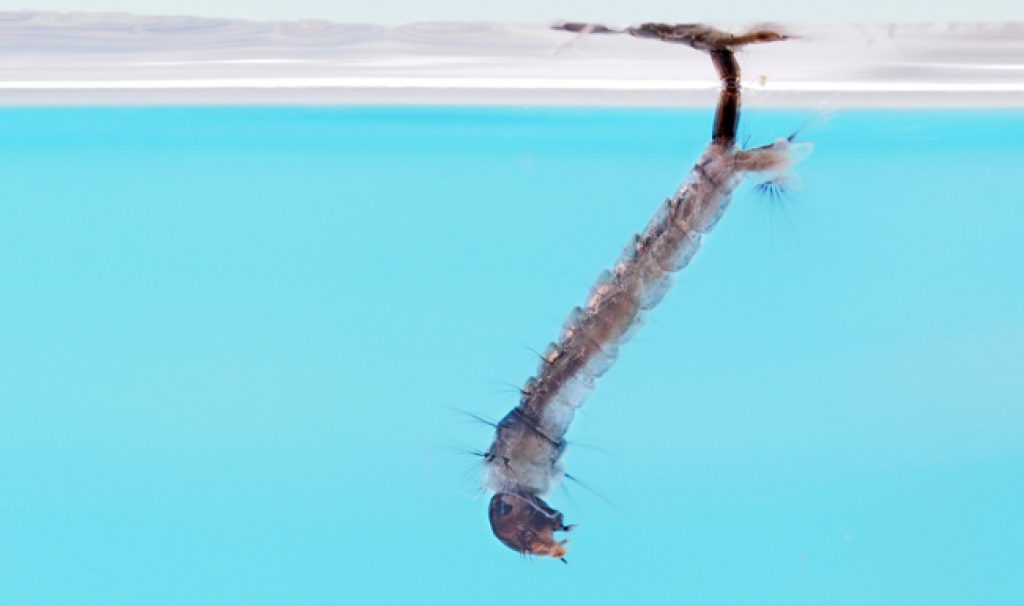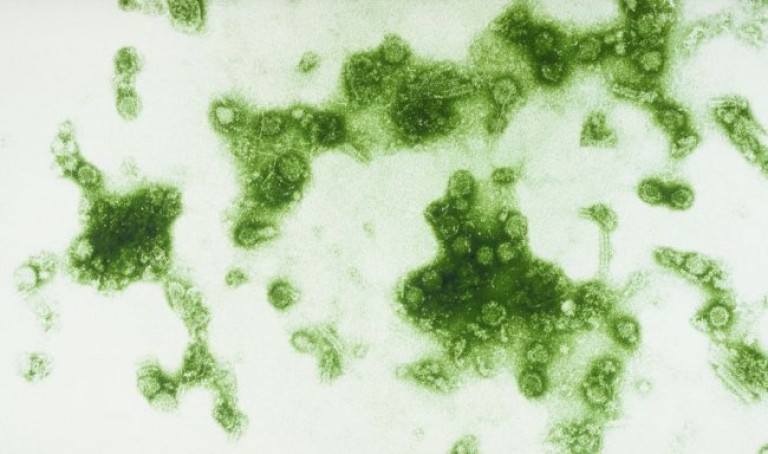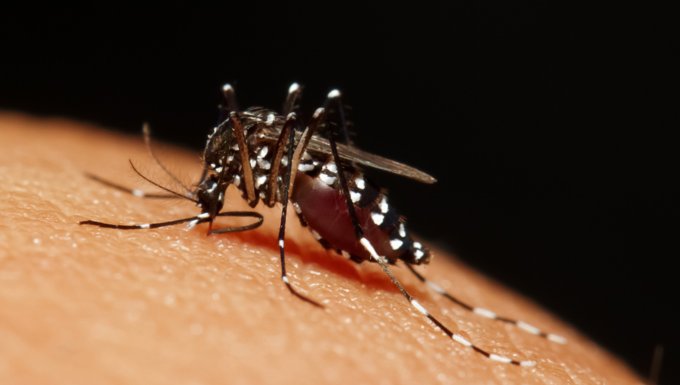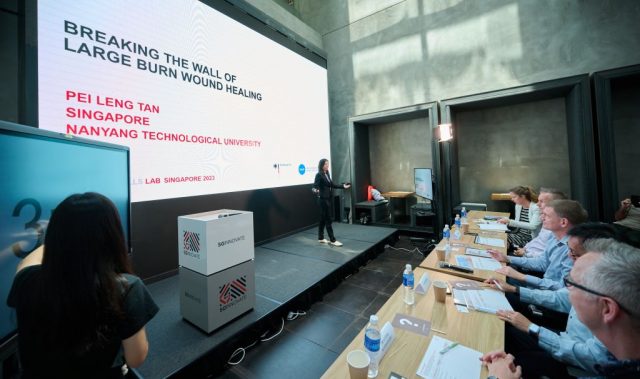
AsianScientist (Mar. 29, 2016) – by Law Yao-Hua – A promising vaccine candidate to protect against dengue fever is undergoing a clinical trial in Brazil and could result in a new vaccine next year. The work was published in Science Translational Medicine.
The TV003 vaccine candidate was shown to fully protect against DENV-2, a strain of the dengue virus against which there are currently no safeguards.
During an earlier trial of the proposed vaccine, the United States National Institutes of Health gave a small group of adult volunteers the vaccine which is a mixture of weakened forms of all four dengue strains.
The recipients’ immune system responded to all four strains. Six months later the scientists injected a low dosage of a DENV-2 virus into the volunteers and found that the vaccine recipients had become immune to DENV-2.
These results informed the final, phase III clinical trial in Brazil, says Anna Durbin, a researcher at Johns Hopkins Bloomberg School of Public Health in the United States who is involved in the research.
Based on the test subjects’ immunity against DENV-2 infection and their antibody production against the other three strains, “I am confident the vaccine will protect against wild types of dengue,” Durbin tells SciDev.Net.
The trial is set to be completed in 2017 or 2018.
Dengue is estimated to infect almost 400 million people a year. It can be lethal if it develops into a fever, killing around 1-in-50 people who fall ill with the disease.
The development of the TV003 vaccine is the first time a so-called human challenge model has been used in clinical trials for dengue, the researchers say. This technique involves testing a vaccine candidate in a highly controlled trial of fewer than 50 participants, before rolling it out to a large and expensive clinical trial.
This saves costs and reduces the time spent testing vaccine candidates that may prove ineffective.
“Phase III trials are exorbitantly expensive,” says Annelies Wilder-Smith, an infectious disease researcher at Nanyang Technological University, Singapore, “so researchers resort to human challenge models as it uses a small sample size, and you can answer many research questions much faster.”
Wilder-Smith has worked on clinical trials for dengue, but was not part of the TV003 study. She says the human challenge model is being used increasingly in the United States for malaria and influenza, but not in Asia, where dengue prevails.
“Researchers in Asia have not used human challenge models, but we should consider [them],” Wilder-Smith says. “It’s an additional platform to study, enhance and accelerate drug or vaccine development.”
The article can be found at: Kirkpatrick et al. (2016) The Live Attenuated Dengue Vaccine TV003 Elicits Complete Protection Against Dengue in a Human Challenge Mode.
———
Source: SciDev.Net; Photo: Shutterstock.
Disclaimer: This article does not necessarily reflect the views of AsianScientist or its staff.












